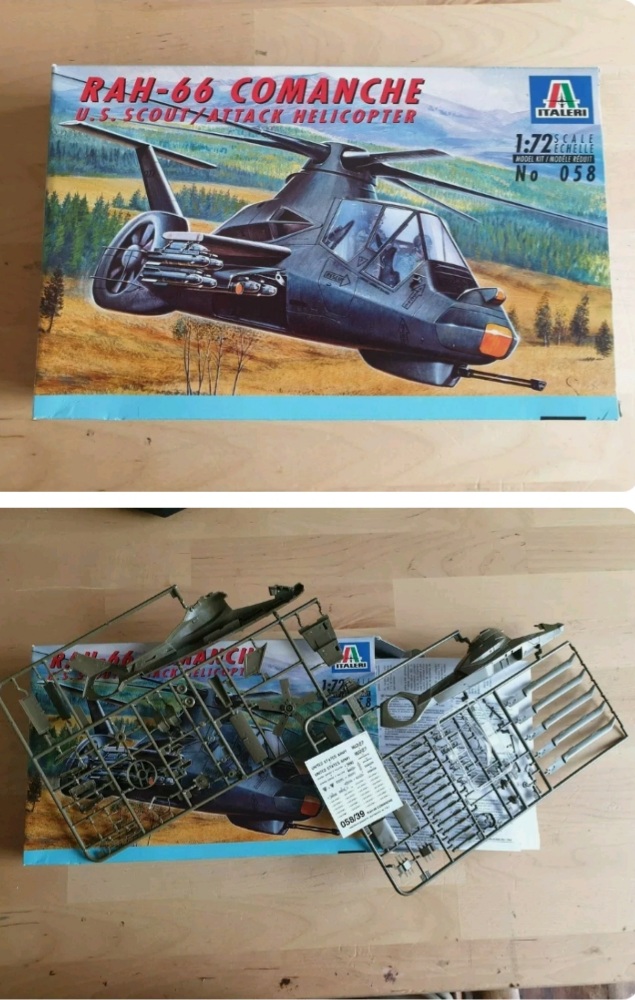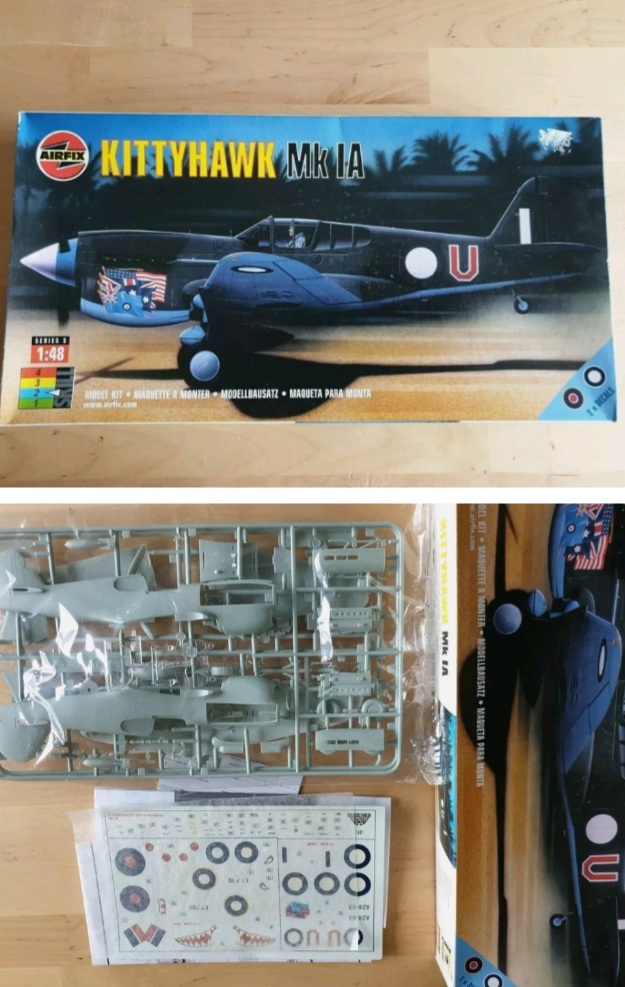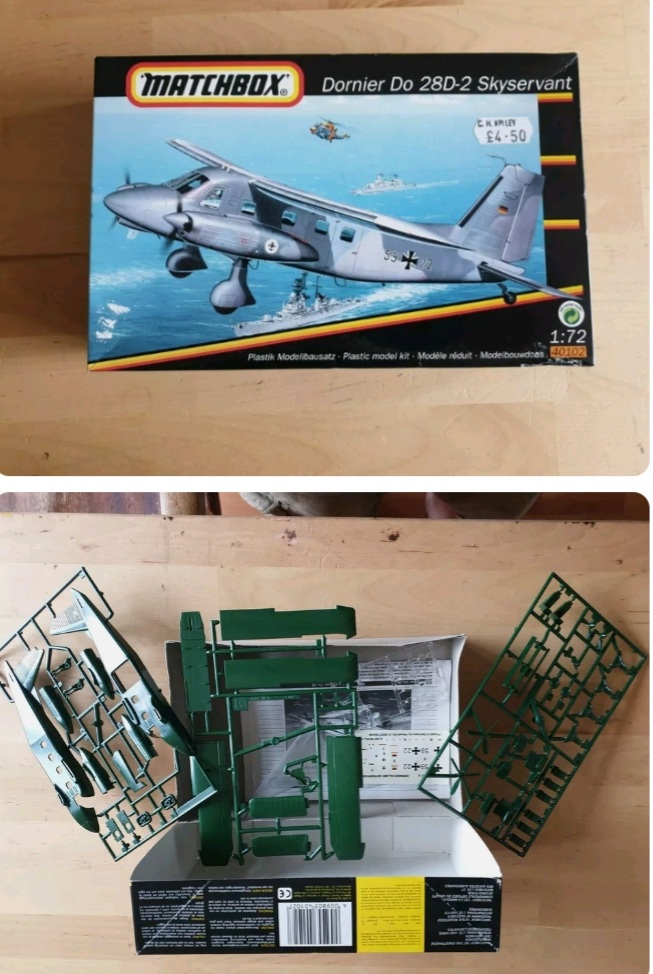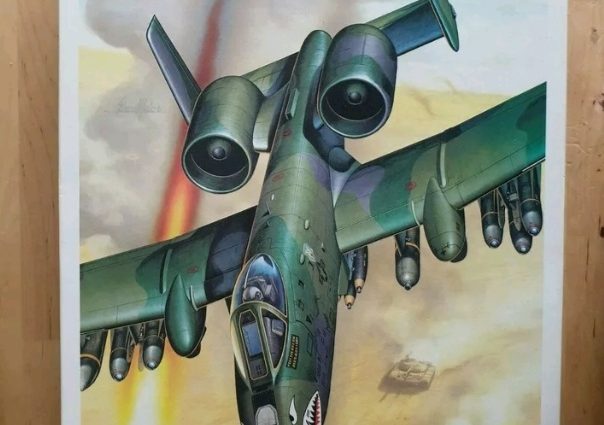Introduction
Model Aircraft Kits have captured the imagination of children and adults alike for many years. Once these kits were a favourite pass time amongst fathers and sons, long before the world of modern technology. The kits were primarily made of plastic moulded parts (although other versions of kits made of paper, cardboard etc do exist). The kits had the parts attached to a plastic frame (sprue) to keep them secure before construction. Part of the fun was to take care removing these parts as you worked through the instruction manual creating your masterpiece.

Airfix Kits
Airfix was founded in 1939 by Nicholas Kove, In 1949 the company created a Ferguson TE20 tractor model for this company, moulded in plastic and hand-assembled. To help with sales of this tractor the model was sold in a D.I.Y box which helped keep costs low and became the model kits we know today.
By the 1970’s the hobby of model making kits had grown quite considerably. Airfix had an ever-increasing range of aircraft models, most created at the scales of 1⁄72 for small and military aircraft and 1⁄144 scale for airliners.

Matchbox Kits
Another competitor on the market in the 1970’s was Matchbox. Known for their die cast model vehicles, this was a leap into a new era for them. The first plastic model kits produced was a range of aircraft (The Purple Range) numbered PK-1 to PK-20. Matchbox casted the kits in various colours to be more appealing and cutting the edge on the market of the model Kits.

Model Aircraft Kits Today
There are a huge range of model aircraft kits available on the market today. These are still popular amongst collectors and enthusiasts. In the modern world it is a lovely way to reconnect to a hobby, that required so much skill and attention to detail with a great reward at the end.
